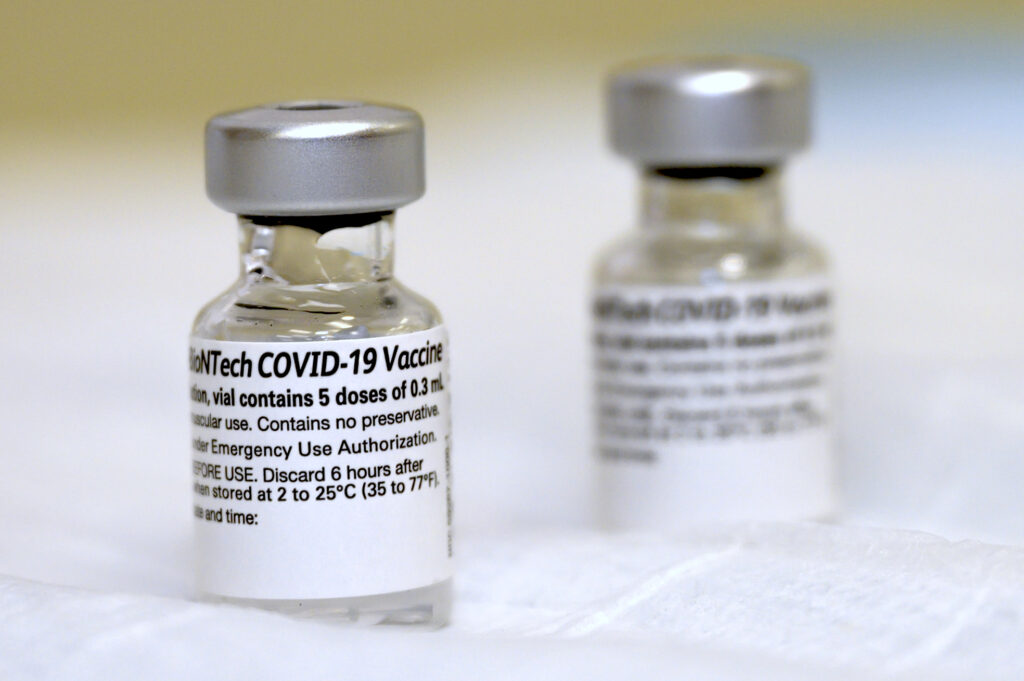
Many parents worry when they notice their child’s body odor, which is often thought to be a sign of the teenage years; however, younger children can also have a bit of smell due to their active lifestyles and natural sweating that mimics adults.
Knowing common causes of children’s body odor helps. But unusual smells sometimes mean something less typical. Certain medical conditions can cause strong, strange body odor. Parents should know these to seek medical help. We explore reasons for odd body odor in kids. Experts list possible abnormal causes parents see.
If you detect unusual smells that aren’t related to hygiene or diet, it’s important to consult a pediatrician, especially if puberty-related changes aren’t the cause, to rule out any underlying issues.
1.Premature Adrenarche means adrenal glands grow up fast. This occurs before the usual puberty age starts. Typically it’s before eight in girls. For boys, this is before nine years old. Adrenal glands make early puberty hormones now. An adult body odor can be one sign.
Other physical changes show with premature adrenarche. Parents might see pubic hair appearing too soon. Genital organs can develop differently now. Children sometimes grow faster than peers. This might link to other health issues.

Concerns such as insulin resistance may arise later, increasing the risk of metabolic syndrome, and conditions like polycystic ovary syndrome can occur; while premature adrenarche is usually not serious, recognizing the signs promptly is essential for seeking medical advice.
A pediatrician consult is always recommended as a smart idea. Early detection helps families understand changes that happen. They cope better with it. Sometimes the doctor suggests medicine. This slows puberty progression slightly only.
Phenylketonuria (PKU) is a rare genetic disorder affecting children, resulting from the absence of the enzyme phenylalanine hydroxylase, which is crucial for breaking down the amino acid phenylalanine necessary for healthy growth and development.
If PKU goes undetected, the accumulation of phenylalanine can lead to severe health issues, including intellectual disabilities; infants with PKU may exhibit a musty body odor caused by phenylacetic acid in their urine.

Excessive sweating contributes to smell too. Untreated infants’ signs include lighter eyes, hair, and skin. Poor feeding is possible. Muscle control issues and tremors happen sometimes.
The main PKU treatment is a strict diet. Start early to reduce brain damage much. Avoid high-protein foods. The doctor suggests supplements for growth too.
3.Fish Odor Syndrome or Trimethylaminuria (TMAU) is rare. The body cannot handle the chemical trimethylamine well. This chemical doesn’t metabolize properly. When the body doesn’t break it down. It builds up inside the person.
The buildup of phenylalanine is released through bodily secretions, revealing the body’s struggle to metabolize effectively; trimethylamine is expelled in urine, breath, and sweat, producing a distinct fish-like odor that can be concerning.
This condition, known as fish odor syndrome, often requires dietary adjustments, as doctors recommend reducing choline and lecithin intake, which the body converts to trimethylamine; in severe cases, antibiotics may be necessary to eliminate gut bacteria, while riboflavin is suggested for genetic issues, along with the use of acidic soaps and lotions.

4. Hyperhidrosis is the term for sweating too much. A child sweats way more than needed. This keeps body temperature normal usually. Much more sweating is a sign of hyperhidrosis. Condition has primary and secondary types. Primary hyperhidrosis hits areas like palms, feet, and armpits.
Kids sweat constantly there regardless of mood or temperature. It can be inherited. Starts childhood sometimes. Sweating worsens with heat or stress. Secondary hyperhidrosis is from other illnesses.
Hyperthyroidism and high blood pressure are examples. Treatment for hyperhidrosis varies a lot. Depends on how bad it is for the kid. The pediatrician chooses the best approach. Non-surgical options include creams. Or medicine to block sweat glands. Very bad cases get surgery sometimes. Thoracoscopic sympathectomy procedure possible.

Sometimes, a child’s unusual body odor can indicate more significant medical issues beyond hygiene or puberty, such as diabetes, kidney, or liver problems; it’s essential to consult a doctor for a thorough examination of these potential concerns.
Some diseases make particular smells. These smellsoften quite distincttinct. Experienced doctors know these odors well. Recognizing smell helps them see problems. They identify conditionss quicker this way. Diagnosis and treatment start fast.
This helps address underlyingissueses promptly. Seea pediatricianian foan unusual,usual, distinct odor. Especially if it stasuddenlyddenly or with health changes. Behaviochanges,es,too,o, could happen. This smell isan importanttant sign notice. ce. It points towardthe conditionition needa check.check. Medical evaluation and treatment possible. Ensurthe child child gthe carethe care they need
6.Tips to Manage Body Odor in Children. . anage body odor beyond doctor’s help. Many home tips can help kids. These work well for sweat smells. Or bacteria and poor hygiene cause itit. Teaching good hygiene is key to to starting.ng. Especially near puberty,, years arrive.
Personal hygiene is is very important. Child daily must wash body focusing pits feet groin. Scented soap helps with with smell. Clean clothes worn daily helps. Don’t re-wear pants or or skirts many days.
Check clothes for a freshsh smell. Damp weather musty smell fixed by sun or fabric conditioner. Wear cotton clothes,, not synthetics that trap odor. Ensure clothes and shoes are are completely dry first.
Encouraging children to drink plenty of water can help flush out toxins, and making dietary changes by avoiding pungent foods can be beneficial; incorporating herbs like sage and green leafy vegetables may also assist, while gently discussing odor concerns with your child is vital.
7.Home Remedies for Body Odor in Children. Home remedies exist for kid odor. They are used for mild, normal smells. Science doesn’t strongly back these remedies. Very little evidence says they work well. Always ask the child’s doctor first. Especially for sensitive skin issues. Or if health conditions are already present. Suggestions: Use lemon juice for odor.

Add a few spoons of lemon to the bathwater; it is believed to help. This may reduce bacteria causing odor. Another way is to dilute lemon in water. Use a cotton ball to dab on armpits. Leave it on for ten minutes, then rinse. Do it daily to see if the odor lessens. Tomato juice Apple cider vinegar is often suggested. Add tomato juice to the bath or soak. Dab apple cider vinegar on armpits. Rosemary herb might help with odor. It has antifungal antimicrobial stuff. Boil leaves and add to bathwater. Sage herb is also used. Has antibacterial parts. Boil dried leaves for bath use. Ask a doctor before putting oils on your skin first.
Though body odor in children is often a normal part of growing up, maintaining good hygiene can significantly reduce daily smells; however, if a persistent or unusual odor arises, it’s important to consider other underlying issues, and consulting a pediatrician should always be the first step towards ensuring your child’s health and confidence.
Related posts:
Body Odor In Children: Is It Normal And Tips To Manage It
How to Get Mildew Smell Out of Clothes in 3 Easy Steps
Mom’s warning after daughter’s sweet’ smell was diagnosed as rare disease





